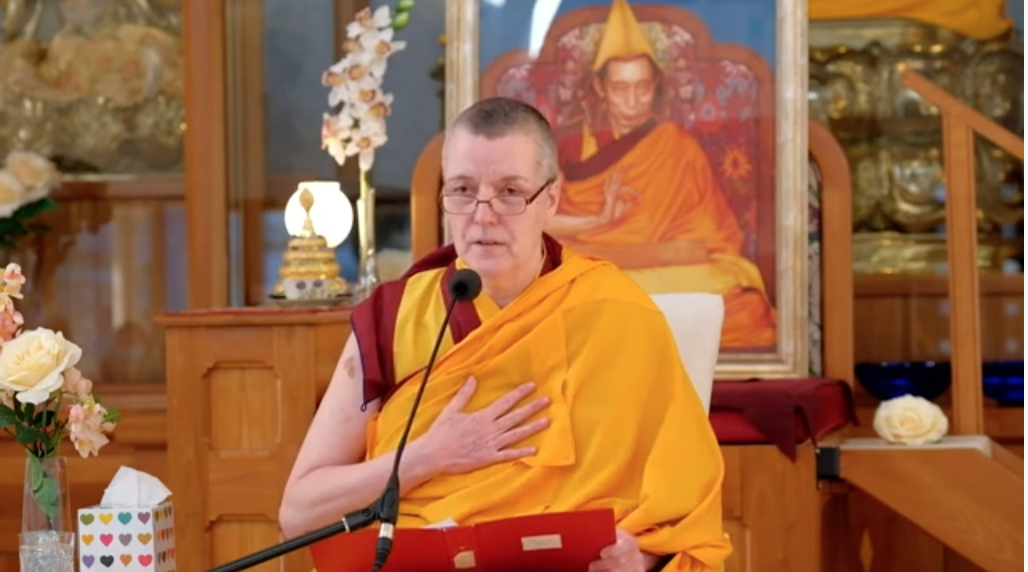Why Compassion Can Be Challenging—But Ultimately Rewarding
In order to practice boundless compassion, we need to be willing to feel uncomfortable. The post Why Compassion Can Be Challenging—But Ultimately Rewarding appeared first on Tricycle: The Buddhist Review.

Teachings Meditation Month 2024
In order to practice boundless compassion, we need to be willing to feel uncomfortable.
By Scott Tusa Jan 14, 2024 Photo by Nathan Dumlao on Unsplash
Photo by Nathan Dumlao on UnsplashFor most of us, boundless compassion can be a little challenging. Why? Because in order to practice boundless compassion, we need to be willing to feel uncomfortable. It’s not that discomfort will always arise when we practice boundless compassion, but it may, because when we work with boundless compassion, we’re working with a practice that aspires for ourselves and others to be free from suffering and its causes. And in order to work with that aspiration, we need to reflect on the various kinds of pain points, sufferings, moments of dissatisfaction, and stress that both ourselves and others experience. So, naturally, when we reflect on these things, they may make us uncomfortable. This is what can make boundless compassion practice more challenging.
Of course, it’s a challenge that can be very worthwhile to work with, as compassion is really at the center of how we’re able to hold ourselves in the world. In this way, I view encountering challenges and facing difficulties and discomfort in this practice not so much as a barrier but more as a boon. We’ll need some courage when we’re approaching the practice of boundless compassion.
The practice of compassion is a practice of breaking open, not breaking down.
I also like to point out that the practice of compassion is a practice of breaking open, not breaking down. So if we notice we’re breaking down in any kind of way with this practice, we need to take a step back and look at why that might be happening. [We need to imagine] how to augment the practice to focus on the essence of what this kind of teaching is pointing us toward.
[That’s where] the breaking open needs to happen. In the world around us, and then, of course, in our own lives, we can’t avoid suffering. It’s a natural part of the world, as far back as we go in history. And many of us have an incredible resistance to suffering, pain, dissatisfaction, and all kinds of stress that happens to us and others in the world. It’s also totally heartbreaking to witness the kinds of suffering that can arise in the world around us, as well as in our own lives. So boundless compassion is the practice of allowing ourselves to break open with a broken heart, not to break down.
Excerpted from Scott Tusa’s Meditation Month video, Fostering Boundless Compassion. Watch the full video here and learn more about Meditation Month here.
![]()
Thank you for subscribing to Tricycle! As a nonprofit, we depend on readers like you to keep Buddhist teachings and practices widely available.
This article is only for Subscribers!
Subscribe now to read this article and get immediate access to everything else.
Already a subscriber? Log in.

 JimMin
JimMin 

































